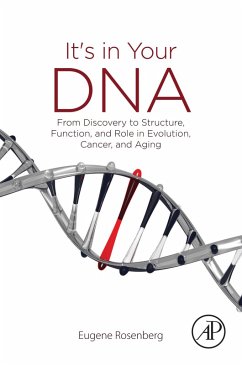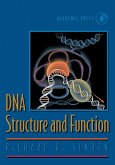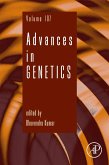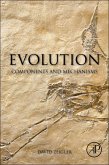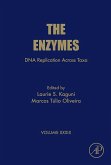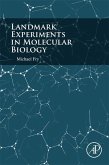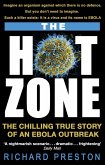It's in Your DNA: From Discovery to Structure, Function and Role in Evolution, Cancer and Aging describes, in a clear, approachable manner, the progression of the experiments that eventually led to our current understanding of DNA. This fascinating work tells the whole story from the discovery of DNA and its structure, how it replicates, codes for proteins, and our current ability to analyze and manipulate it in genetic engineering to begin to understand the central role of DNA in evolution, cancer, and aging.
While telling the scientific story of DNA, this captivating treatise is further enhanced by brief sketches of the colorful lives and personalities of the key scientists and pioneers of DNA research. Major discoveries by Meischer, Darwin, and Mendel and their impacts are discussed, including the merging of the disciplines of genetics, evolutionary biology, and nucleic acid biochemistry, giving rise to molecular genetics.
After tracing development of the gene concept, critical experiments are described and a new biological paradigm, the hologenome concept of evolution, is introduced and described. The final two chapters of the work focus on DNA as it relates to cancer and gerontology.
This book provides readers with much-needed knowledge to help advance their understanding of the subject and stimulate further research. It will appeal to researchers, students, and others with diverse backgrounds within or beyond the life sciences, including those in biochemistry, genetics/molecular genetics, evolutionary biology, epidemiology, oncology, gerontology, cell biology, microbiology, and anyone interested in these mechanisms in life.
While telling the scientific story of DNA, this captivating treatise is further enhanced by brief sketches of the colorful lives and personalities of the key scientists and pioneers of DNA research. Major discoveries by Meischer, Darwin, and Mendel and their impacts are discussed, including the merging of the disciplines of genetics, evolutionary biology, and nucleic acid biochemistry, giving rise to molecular genetics.
After tracing development of the gene concept, critical experiments are described and a new biological paradigm, the hologenome concept of evolution, is introduced and described. The final two chapters of the work focus on DNA as it relates to cancer and gerontology.
This book provides readers with much-needed knowledge to help advance their understanding of the subject and stimulate further research. It will appeal to researchers, students, and others with diverse backgrounds within or beyond the life sciences, including those in biochemistry, genetics/molecular genetics, evolutionary biology, epidemiology, oncology, gerontology, cell biology, microbiology, and anyone interested in these mechanisms in life.
- Highlights the importance of DNA research to science and medicine
- Explains in a simple but scientifically correct manner the key experiments and concepts that led to the current knowledge of what DNA is, how it works, and the increasing impact it has on our lives
- Emphasizes the observations and reasoning behind each novel idea and the critical experiments that were performed to test them
Dieser Download kann aus rechtlichen Gründen nur mit Rechnungsadresse in A, B, BG, CY, CZ, D, DK, EW, E, FIN, F, GR, HR, H, IRL, I, LT, L, LR, M, NL, PL, P, R, S, SLO, SK ausgeliefert werden.

